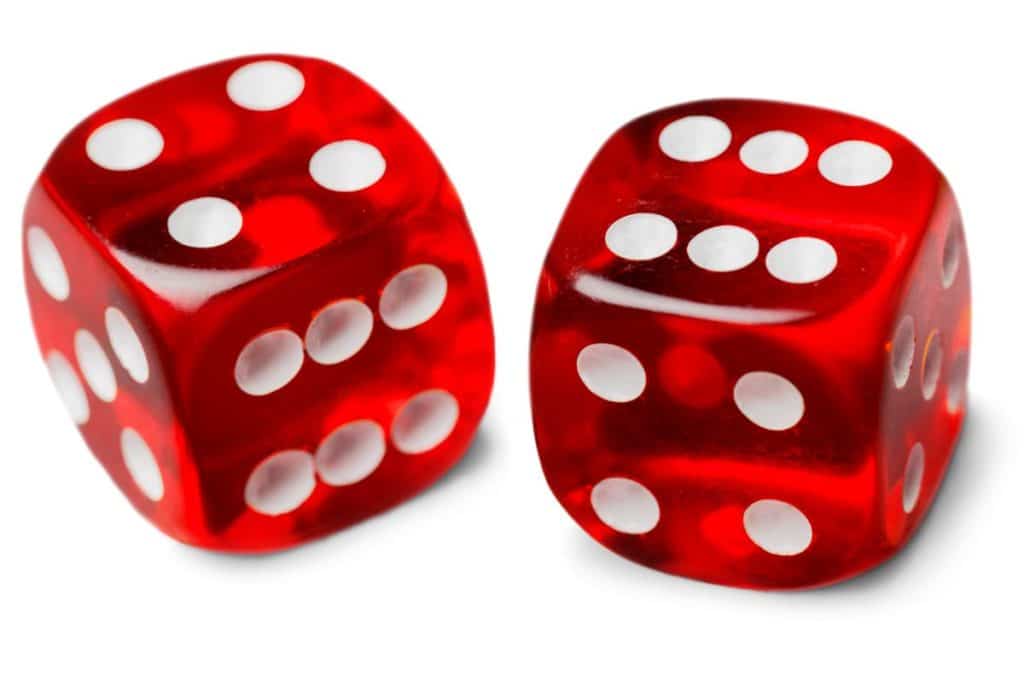
Do your children complain about having to learn spelling words when they can easily use a spelling checker and auto-correct? You may have been wondering if learning how to spell is still important. However, even with modern technology in a digital world, spelling is still an essential skill for children to learn.
Bring learning spelling to life with these four spelling games:
Spelling game 1: Use board games, such as Monopoly
Play any game usually played with dice with your child — Monopoly, for example. The parent can continue to move her token forward in the usual way by throwing the dice, but the child must orally spell a word to move forward.
To select spelling words for the game, the parent can use words from the child’s schoolwork that they often misspell. She must make word cards of these words. It is best to use not fewer than 20 words and not more than 30. When playing a board game, the same 20-30 words can be used, or if the child already knows how to spell them, other words can be selected. The parent must thoroughly shuffle the word cards and then put them in a pile upside down on the table between the two (or more) players.
When it is the child’s turn to play, the parent must take a word from the top of the pile and then say it aloud. The child must spell the word. If the child spells the word correctly, they may move their token the same number of spaces as there are letters in the word. For example, they may move their token forward seven spaces for a word of seven letters. The word card is then put aside.
However, if they misspell the word, the parent must show the word to the child, and the child must spell the word aloud three times while looking at the word and then three times without looking at it. Then, the word is put at the bottom of the pile so it will appear again later. If the child misspells a word, they may not move their token for that turn.
Spelling game 2: Hide and Seek
Use the letters of a particular word and build new words with these letters. For example, if one decides to use the word “difficulty,” one would write this word on a piece of paper and put it in front of the child.
The aim of the game is that the child must make a list of all the words they can think of using only the letters of the chosen word. It can also be played as a competition, meaning the parent can play it with the child, and at the end, the one with the largest number of correctly spelled words wins.
There are always many words that can be formed in this way, and indirectly, the spelling of the chosen word is practiced, while many other words are also tested for spelling. A few examples of words that can be formed from the letters of “difficulty” are: if, left, cult, cliff, fifty, duty, etc.
Note that each letter may be used once only. The letter f appears twice in the word “difficulty.” Therefore, a word like “fifty” is acceptable. “Dull,” however, is not permitted.
Some examples of words to be used: alphabetical; misunderstanding; occasionally; postponement; mayonnaise; multimillionaire; credibility; determination; education; friendship; generosity; hippopotamus.
Spelling game 3: Word jumbles
Another interesting method of practicing spelling is by making word jumbles. The child then has to sort out the jumbled letters to come up with a word, which they have been taught before.
Words must be selected from the child’s schoolwork. Use a piece of paper and write the word jumble on the paper. For example, if the letters “hergun” are written on the paper, the child must rearrange them to form the word “hunger.”
Spelling game 4: First name, last name, animal, and city/town
To play this game, the parent and child will both need a piece of paper and a pencil. Write the 26 alphabet letters on a piece of paper and randomly select a letter. The parent and child must now write down a first name, last name, animal, and town that starts with the letter chosen as fast as possible. The one that finishes first gives the other party only 5 seconds before shouting, “Stop!” Then, all pencils must be put down.
Ten points are awarded for each correctly spelled word. However, if both parent and child had the same word under one of the headings, for example, both had the same animal, only 5 points would be awarded if the word was correctly spelled.
Say, for instance, the letter “d” was selected:
First names: Douglas, Danny, David.
Last names: Davis, Dobson.
Animals: dog, dinosaur, deer.
City/Town: Dallas, Dubai.

